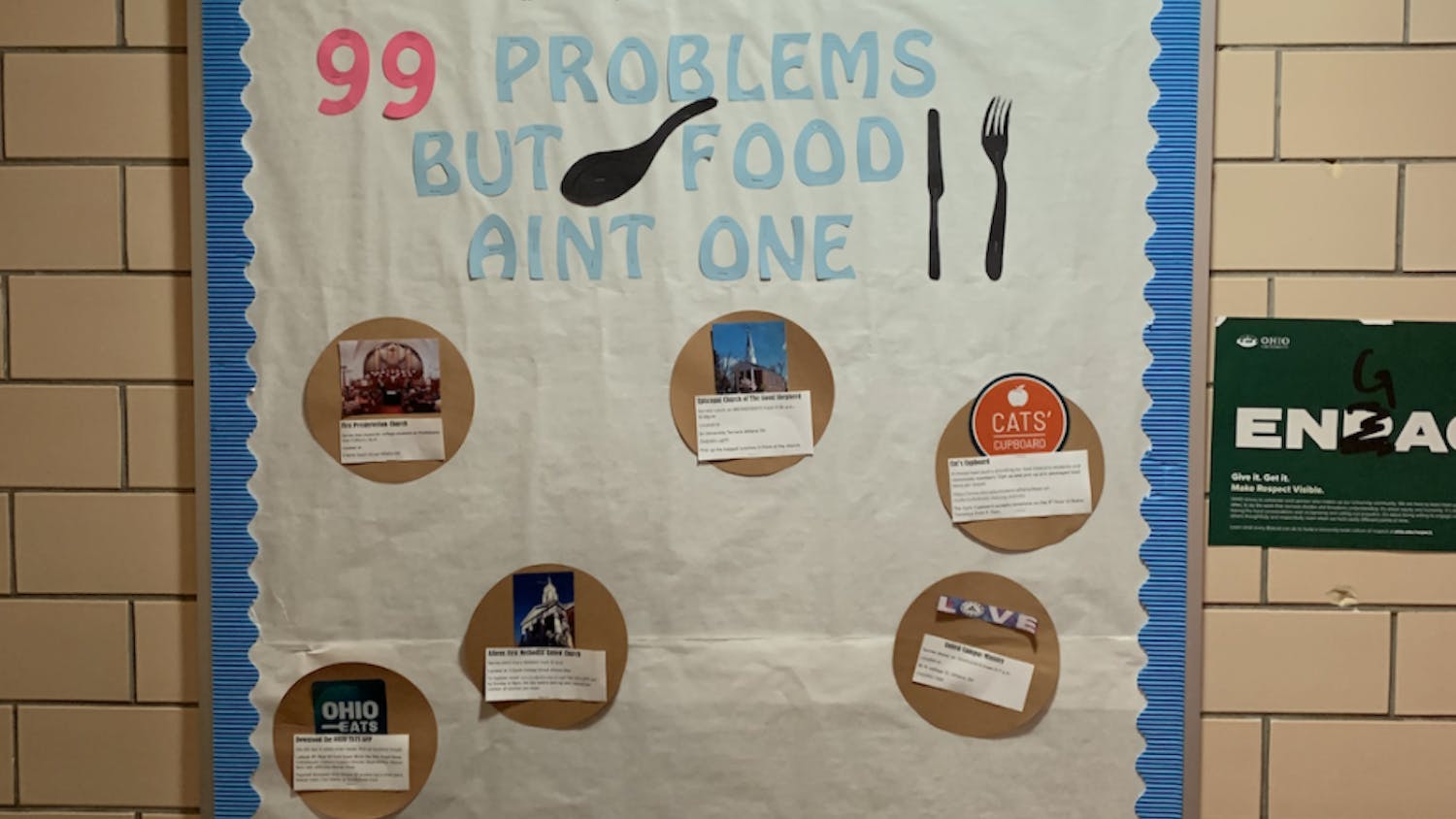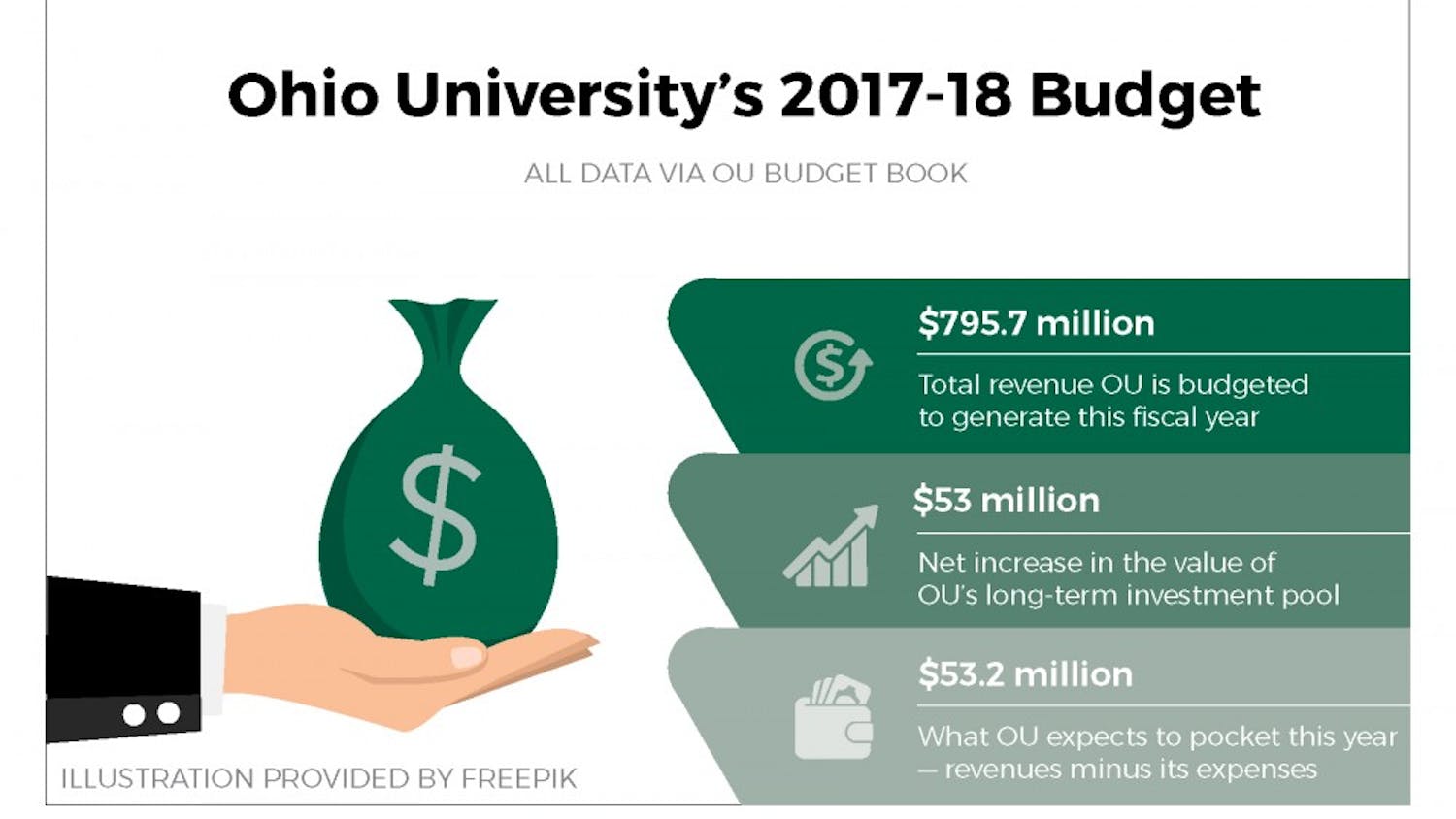In the U.S., alcohol is a big part of society. Currently, 61% of Americans aged 21 and older say that they drink alcohol. Because the consumption of alcohol is considered such a normal event, alcoholism and high-risk drinking has become a major problem. Over 15 million Americans struggle with an alcohol use disorder.
The issue of alcoholism and high-risk drinking has begun spreading to American youth. According to the National Health Interview survey, 62.1% of men and 47.2% of women under than the age of 18 reported that they were current regular drinkers of alcohol.
College aged students are often likely to participate in high-risk drinking due to environmental factors, peer pressure, and a group-think mentality. According to the NSDUH, “52.5 percent of full-time college students ages 18 to 22 drank alcohol in the past month, and 33.0 percent engaged in binge drinking in the past month.” The high-risk period of binge drinking is during the first six weeks of freshman year.
The consequences of high-risk drinking in college students are more severe than most people realize. The National Institute on Alcohol Abuse and Alcoholism reports that college drinking results in 1,519 deaths and 696,000 assaults each year. Currently, around 20% of college students meet the criteria for alcohol use disorder, and nearly 150,000 students develop some type of alcohol related health problem. One in four students also report that alcohol use has had a negative impact on their academics.
Ohio University has had its fair share of problems regarding their students’ use of alcohol. OU has always been regarded as a “party school,” even though the administration and a majority of students have tried to scrap this reputation. However, in Ohio at least, OU is still listed as the No. 1 party school out of all the other universities in the state.
When asked about OU’s “party school” reputation, OUPD Lt. Timothy Ryan, believes that “OU’s reputation is bigger than its problem. But, I do think the problem exists here as it does on most college campuses.” The problem that Ryan refers to is high-risk drinking on campus, and he said, “binge drinking on college campuses is a problem on a national level, including at Ohio University.”
According to Alcohol Edu and the Healthy Campus Survey Data, “83% of Ohio University students are in the healthy drinking majority, while 65% of students think their friends are high-risk drinkers.” Clearly these self-reported numbers are inaccurate and full of denial. With 65% of students believing their friends are high-risk drinkers, there is a clear issue at Ohio University.
As previously stated, high-risk drinking has many consequences. These consequences are often observed by the Ohio University Police Department. In an interview with Lt. Ryan, he said, “High-risk drinking can be life-threatening. Ultimately it can be life threatening through alcohol poisoning. We do commonly see cases of individuals passed out or otherwise unable to care for themselves. This usually results in hospitalization. Another way high-risk drinking can have negative consequences is through injury. We do see head injuries and broken bones from falls as well as cuts and other injuries from poor decisions while heavily intoxicated.”
When discussing solutions to underage drinking and/or public intoxication, Ryan said, “As with most crimes, these are handled on a case by case basis. The responding officer(s) will use discretion in evaluating all of the circumstances and then decide on a solution. Common solutions include warnings, citations, arrests, hospitalizations, or some combination of those.”
One of Ohio University’s mitigation strategies is the requirement that all new students at Ohio University successfully complete a 2 ½ hour online alcohol education course called "AlcoholEdu for College." However, as seen with the data from this program, it is easy to lie and fake answers during the program, ultimately denying the problem of high-risk drinking. Ohio University needs to implement better programs to dissuade students from drinking alcohol and become stricter on students who participate in underage drinking.
OU students and the administration are responsible for minimizing the toxic environment that promotes underage drinking and should take better steps in ending alcohol-related illness/death and assault. Drinking in college leads to negative consequences both physically and mentally, creates a dangerous environment for drinkers and non-drinkers, leads to academic decline and can create future alcohol dependency. The effects of consuming alcohol in college are not worth the risk. Drinking in college is, very much, overrated.
Katie Trott is a junior studying creative writing at Ohio University. Please note that the views and opinions of the columnists do not reflect those of The Post. What are your thoughts? Tell Katie by emailing her at kt008918@ohio.edu.
Opinion Columnist






